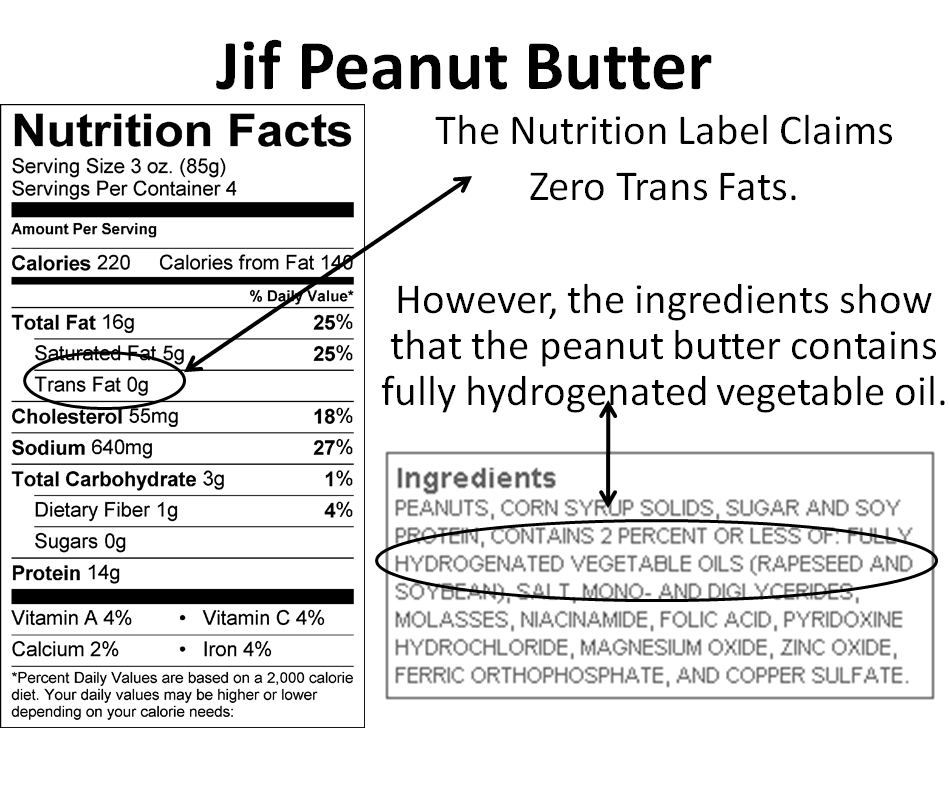Fats (lipids) provide energy, protect against shock, insulate against temperature extremes, and help to build cell structures. Fats are an important part of your dietary intake. They help make you feel full. Without fat, you are more likely to feel the need to consume more calories in the form of unhealthy snacks between meals. Some correlation has been made between increase rates of certain cancers in those diets high in saturated fats.
Fat is a highly concentrated energy source. It is the body's primary fuel at rest and during low intensity physical activity. Very minimal fat intake can cause a decrease in hormone productions. Growth hormone is one of these hormones.
Some fats are good for you! Vitamins A, D, E, and K are fat-soluble vitamins. A small amount of these vitamins are needed to maintain good health. By eliminating these fats from your diet, your body may respond a number of ways: decreased resistance to infection, slower bone growth, and poor tooth development. Since these are not water soluble vitamins, they can build up to toxic levels in the liver and fatty tissues.
Types of Dietary Fats
- Unsaturated - come from plant sources and are usually liquid at room temperature. Example: Olive Oil.
- Saturated - come from animal sources and are usually solid at room temperature. Example: Butter.
- Hydrogenated (trans) - are formed when liquid, unsaturated fats are chemically altered to make them. Trans fats allow for a longer shelf-life for processed foods. Be aware of some labels that claim they contain no trans fat, but still contain hydrogenated oils in the ingredients. Example: Jif Peanut Better
See also Good vs. Bad cholesterol.
Sources of Fat
- Salmon Filet - 11 g per 5 oz
- Chicken Breast - 4 g per 5 oz
- Sirloin Steak - 45 g per 8 oz
- Hamburger - 21 g per 1/4 lb
- Tuna in Water - 2 g per 6 oz
- Peanut Butter - 8 g per 1 tbsp
- Roasted Peanuts - 18 g per 1/4 cup
- 2% Milk - 9 g per 2 cups
- Olive Oil - 14 g per 1 tbsp
- Mozzarella Cheese - 14 g per 3 oz
- Feta Cheese - 8 g per 1/4 cup
- American Cheese - 5 g per slice
- Butter - 4 g per pat
- Chocolate Chip Cookie - 9 g, medium
- French Fries - 26 g, large
Snacks with Healthy Fats
- Whole Almonds (1/4 cup)
- Whole Walnuts (1/4 cup)
- 1 Medium Apple with 1 tbsp Low-Fat Peanut Butter
- 1 Hard Boiled Egg
- 3 Baby Carrots, 2-5 inch Celery Stalks, 4 tbsp Hummus
- 8 oz 1% Low Fat Chocolate Milk
- String Cheese

